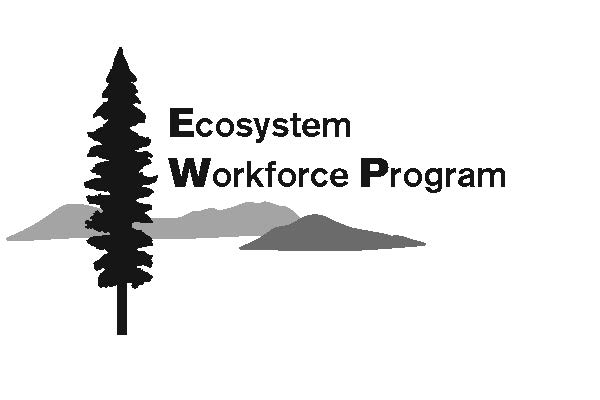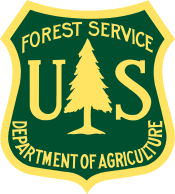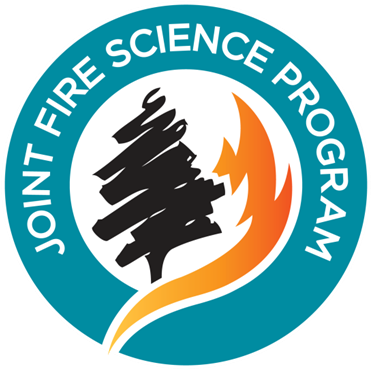Publications Library
. Managing for climate change on federal lands of the western United States: perceived usefulness of climate science, effectiveness of adaptation strategies, and barriers to implementation Ecology and Society. 2015;20(2).
. A new approach to evaluate forest structure restoration needs across Oregon and Washington Forest Ecology and Management. 2015;335. Available at: http://www.sciencedirect.com/science/article/pii/S0378112714005519.
. The Phenology of Ticks and the Effects of Long-Term Prescribed Burning on Tick Population Dynamics in Southwestern Georgia and Northwestern Florida PLOS ONE. 2015;9(11).
. Pile Burning Effects on Soil Water Repellency, Infiltration, and Downslope Water Chemistry in the Lake Tahoe Basin, USA Fire Ecology. 2015;11(2).
. Postwildfire soil trajectory linked to prefire ecosystem structure in Douglas-fir forest Ecosystems. 2015;18(2).
. The Potential Impact of Regional Climate Change on Fire Weather in the United States Annals of the Association of American Geographers. 2015;105(1). Available at: http://www.treesearch.fs.fed.us/pubs/47261.
. Principles of effective USA Federal Fire Management Plants Fire Ecology. 2015;11(2).
. Prioritization of Forest Restoration Projects: Tradeoffs between Wildfire Protection, Ecological Restoration and Economic Objectives Forests. 2015;6(12).
. Projected major fire and vegetation changes in the Pacific Northwest of the conterminous United States under selected CMIP5 climate futures Ecological Modelling. 2015;317.
. 'Put the wet stuff on the hot stuff': The legacy and drivers of conflict surrounding wildfire suppression Journal of Rural Studies. 2015;41.
. Recent burning of boreal forests exceeds fire regime limits of the past 10,000 years PNAS. 2015;110(32).
. Reducing the risk of house loss due to wildfires Environmental Modelling & Software. 2015;67.
. Regional likelihood of very large wildfires over the 21st century across the western United States: Motivation to study individual events like the Rim Fire, a unique opportunity with unprecedented remote sensing data. ().; 2015:312-313. Available at: http://www.treesearch.fs.fed.us/pubs/49486.
. Relative bark thickness is correlated with tree species distributions along a fire frequency gradient Fire Ecology. 2015;11(1).
. Restoration handbook for sagebrush steppe ecosystems with emphasis on greater sage-grouse habitat—Part 2. Landscape level restoration decisions. ().; 2015:21p. USGS Greater Sage Grouse Part II.pdf (6.27 MB)
USGS Greater Sage Grouse Part II.pdf (6.27 MB)
. Restoration handbook for sagebrush steppe ecosystems with emphasis on greater sage-grouse habitat—Part 2. Landscape level restoration decisions. ().; 2015:21p. USGS Greater Sage Grouse Part II.pdf (6.27 MB)
USGS Greater Sage Grouse Part II.pdf (6.27 MB)
. Restoration handbook for sagebrush steppe ecosystems with emphasis on greater sage-grouse habitat—Part 1. Concepts for understanding and applying restoration. ().; 2015:44p.
. Restoration handbook for sagebrush steppe ecosystems with emphasis on greater sage-grouse habitat—Part 1. Concepts for understanding and applying restoration. ().; 2015:44p.
. Restoring fire-prone Inland Pacific landscapes: seven core principles Landscape Ecology. 2015;Online .
. Restoring fire-prone Inland Pacific landscapes: seven core principles Landscape Ecology. 2015;Online .
. Species composition influences management outcomes following mountain pine beetle in lodgepole pine-dominated forests Forest Ecology and Management. 2015;336. FEM-MountainPineBeetle.pdf (1.59 MB)
FEM-MountainPineBeetle.pdf (1.59 MB)
. A state-and-transition simulation modeling approach for estimating the historical range of variability Environmental Science. 2015;2(2).
. Temporal fuel dynamics following high-severity fire in dry mixed conifer forests of the eastern Cascades, Oregon, USA International Journal of Wildland Fire. 2015;Online early.
. Too hot to trot? Evaluating the effects of wildfire on patterns of occupancy and abundance for a climate-sensitive habitat specialist International Journal of Wildland Fire. 2015;Online early.
. Toward an integrated system for fire, smoke and air quality simulations International Journal of Wildland Fire. 2015;Online early.





